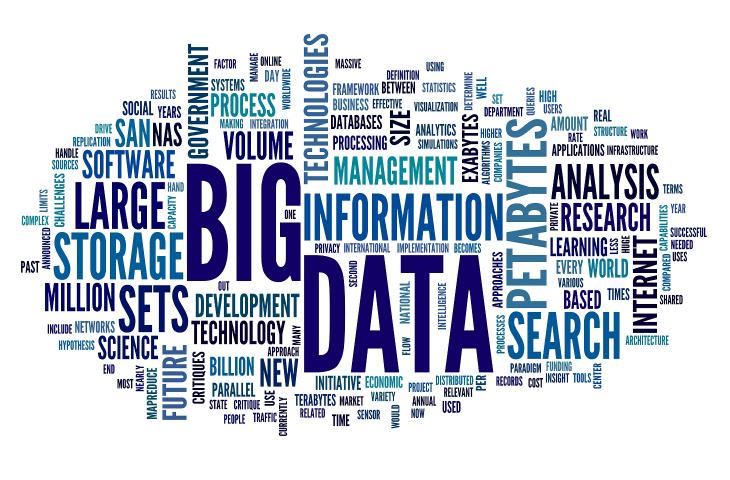MILAN - Water is a key resource for our planet, yet it is an element that must be protected. In recent years water consumption has more than doubled with respect to the world's population. It is concerning to note that by 2025 some 1.8 billion people could be without water. The FAO, with the help of satellite images, aims to develop a free-access data portal to help areas with water shortages to better manage their resources. Currently, every country in North Africa and the Near East suffer from sever water shortages, resulting in serious consequences for irrigated agriculture, which is the largest consumer of water in the region. This situation will only get worse because of climate change, with serious repercussions in terms of production because of longer periods of drought.
The Objectives
The objective of the new data portal is to collect and analyse satellite information which may be useful to improve the productivity of land and water resources and to increase the sustainability of agricultural systems. The information gathered will be available to all countries and users who need it. "There is not currently monitoring of the national water productivity in regions with water scarcity, so this database will be essential for the creation of sustainable agricultural systems in areas with a lack of resources" explains Jippe Hoogeveen, Project Coordinator and Technical Manager of the FAO Division for Land and Water Resources. "The remote capturing of satellite images provides governments with almost real-time information about the use of natural resources for growth and food production, thus offering assessments and allowing for improvements to make the existing farming practices more efficient and cost effective".
A project presented in Stockholm
FAO presented the new project in Stockholm, on the occasion of the annual World Water Week conference held from 23 to 28 August. The new remote image capturing technologies have revolutionized the process of assessing land and water productivity through improved acquisition of the data. The problem is that many countries are not able to analyse such information. The FAO will help countries to monitor their lands and water productivity, while identifying any shortcomings and proposing solutions for their reduction, thus contributing to a sustainable increase in agricultural production.
by editorial staff











